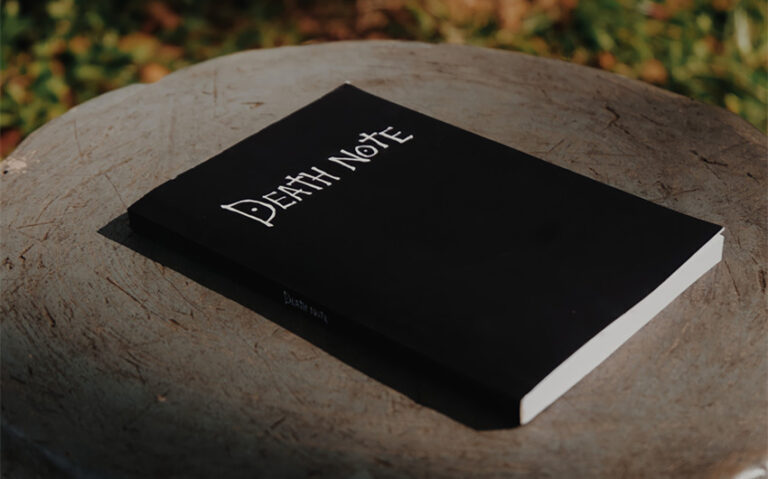Why Do People Say Bless You When You Sneeze? A Deep Dive
Sneezing is a reflex, but what comes next is almost just as automatic—someone saying, “Bless you.” It’s something we hear and say all the time, but have you ever wondered, “Why do people say ‘bless you’ when you sneeze?”
The answer goes back centuries. Some believed sneezing could let the soul escape or invite illness, so saying “bless you” was meant to offer protection. Today, the phrase is more of a polite reflex, but its deep-rooted history still lingers in everyday life.
Historical Origins of the Phrase “Bless You”

The tradition of saying “Bless you” after a sneeze dates back thousands of years, with its origins rooted in ancient civilizations. In early societies, sneezing was often seen as a significant event—sometimes a sign of good luck, sometimes an ominous warning.
The ancient Greeks and Romans believed sneezing could be a divine omen, signaling either fortune or impending danger. Some accounts suggest that Roman soldiers would say “Jupiter preserve you” to one another after a sneeze, invoking protection from their gods.
In other cultures, sneezing was linked to life force or the soul itself. The notion that sneezing could somehow affect a person’s well-being led to the development of phrases meant to offer protection or goodwill. Over time, as societies became more religiously influenced, these early phrases evolved into the more familiar “Bless you.”
Religious and Superstitious Beliefs Behind the Tradition
Religious and superstitious beliefs have played a significant role in why people say “Bless you” when you sneeze. In many ancient traditions, it was believed that sneezing could either expel the soul from the body or create an opening for evil spirits to enter. Saying “Bless you” was a way to protect the person from spiritual harm.
In Christian history, sneezing was sometimes associated with the breath of life, as mentioned in biblical texts. Because sneezing was seen as a possible threat to one’s health or spirit, a blessing was given to safeguard the individual. Pope Gregory I, who reigned in the late 6th century, reportedly encouraged people to say “God bless you” whenever someone sneezed, believing it would offer divine protection.
Meanwhile, in other cultures, sneezing was thought to be a way of expelling demons or bad energy from the body. Some believed that a sneeze left a person momentarily vulnerable, requiring a blessing or protection from harm. This belief was so strong in some regions that people feared sneezing alone and would ensure they were “blessed” afterward.
The Role of the Plague in Popularizing “Bless You”

Image source: Pinterest
One of the most well-documented reasons for the widespread use of “Bless you” is its connection to disease—particularly the Bubonic Plague that ravaged Europe in the Middle Ages. During the 14th century, the Black Death spread rapidly, killing millions. Sneezing was considered one of the early symptoms of the illness, which led to an increased sense of fear around it.
Pope Gregory I is often credited with reinforcing the habit of saying “God bless you” during this time. It was believed that offering a blessing could provide spiritual protection or even miraculous healing. Some also saw the phrase as a final prayer, given that many who contracted the plague did not survive.
As the plague devastated cities, the act of saying “Bless you” became more than just a religious or superstitious custom—it was a widespread practice of expressing concern and hope for health. Over time, this response remained ingrained in social etiquette, even as medical knowledge advanced and fears of sneezing as a life-threatening omen diminished.
Cultural Variations: How Different Languages Respond to Sneezing
The response to sneezing varies across cultures, reflecting different historical, religious, and superstitious beliefs. While saying “Bless you” is common in English-speaking countries, many languages have their own unique ways of acknowledging a sneeze. These responses often revolve around health, long life, or divine protection.
1. Health and Well-Being Wishes
In many cultures, sneezing is linked to health, so the response often wishes the person good health or longevity:
- Spanish: Salud! (meaning “Health!”)
- French: À tes/vos souhaits! (meaning “To your wishes!”)
- Italian: Salute! (meaning “Health!”)
- Russian: Будь здоров! (Bud’ zdorov! for men, Bud’ zdorova! for women, meaning “Be healthy!”)
These phrases originated from the belief that sneezing could indicate illness, so the response serves as a well-wishing gesture.
2. Religious and Blessing-Based Responses
Some cultures tie sneezing to divine intervention or spiritual protection:
- German: Gesundheit! (meaning “Health!”)—originally used as a wish for strength and divine protection.
- Arabic: Alhamdulillah (الحمد لله, meaning “Praise be to God”)—a religious response based on Islamic teachings. The person who sneezes then says Yarhamuk Allah (“May God have mercy on you”), and others reply with Yahdikum Allah (“May God guide you”).
- Hebrew: Labriut! (לבריאות, meaning “To health!”)—often used in Jewish communities.
3. Superstitions and Unique Traditions
Some responses to sneezing come from superstitions or playful customs:
- Greek: It was once believed that sneezing was a sign someone was talking about you, leading to phrases like “Bless you” to protect against potential gossip.
- Persian: Afiyat bashe (عافیت باشه, meaning “May you be well”)—a phrase acknowledging the sneezer’s momentary vulnerability.
- Japanese: There is no standard phrase for sneezing; instead, some people believe sneezing means someone is talking about them.
Why These Responses Persist
Even though the original superstitions behind sneezing responses have faded, the habit remains a common social courtesy in many cultures. Whether it’s a religious blessing, a wish for good health, or a humorous superstition, these responses reflect how different societies have historically viewed sneezing—as an omen, a sign of illness, or simply a normal bodily function.







